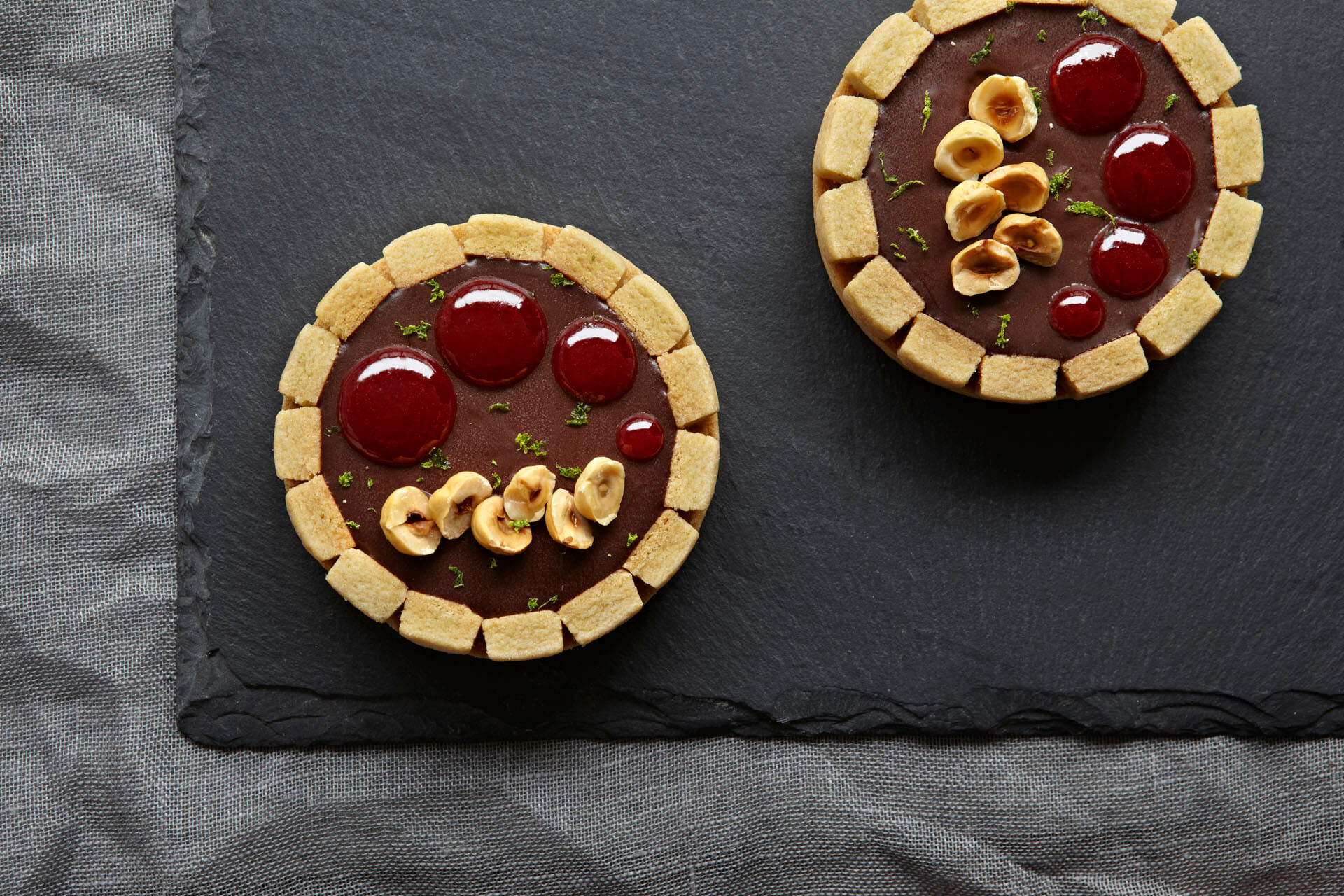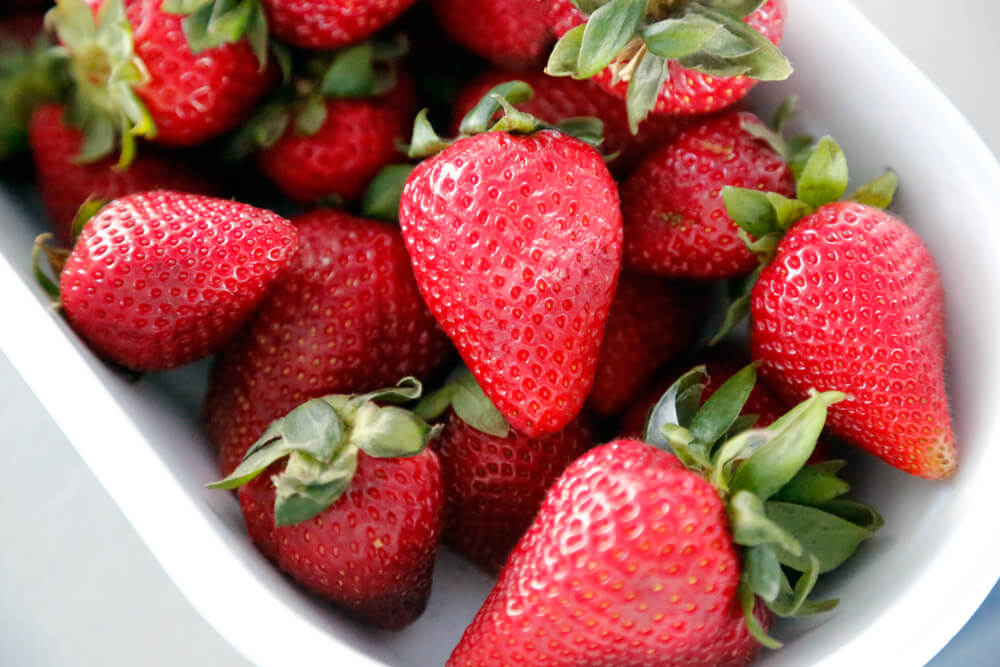About Time: We Stopped Buying ‘Guilt-Free’ FoodBy Claudia Canavan
Every day, before I even get to my desk, I feel guilty half a dozen times. It comes when I set my alarm to ‘snooze,’ when I see that the bathroom sink desperately needs a clean, when I march on past Big Issue seller on the corner of Carnaby Street because, as always, there is nothing but a couple of emergency Freddo chocolates and a (guilty) receipt from an overpriced central London Americano in my purse.
There are infinite PHD thesis’ worth of material in our complex, masochistic relationship with the old self-pummeling: how we’re socialised to feel it more than men, and why we weigh ourselves down with nags of ‘I could have done it better.’ But what bothers me – way more than my top-notch ability to be needlessly mean to myself – is the way it is used to sell food.
The words Guilt-Free boom out at us from every aisle, shop shelf and ice cream counter you care to walk into. Cake, gelato, even a new brand of bloody champagne is hawked under those two words. And, like the whole ‘eat clean’ message, it’s one that messes up our relationship with food. Rather than emphasise what is you might get from something – nourishment, vitamins – it feeds us a negative. We focus on what food doesn’t have (calories) rather than what these products are usually rammed with (chemicals, artificial sweeteners.) It’s a logic that sees people choose a can of diet coke over an apple, or a few Tangfastics over decent dark chocolate. In short: it’s daft.
Guilt-Free: The Background
‘Diet’ products are a relatively recent invention. Something I learned from the August 2013 BBC documentary ‘The Men Who Made Us Thin’ (watch it, it’s great) is that it was in the mid-nineties that the US government changed what it meant to be fat. Before, a BMI of 25-27 classified you as normal. The change meant that anything over 25 stuck you in the ‘overweight’ category: pushing 29 million Americans into the ‘fat’ realm overnight. This, naturally, caused massive panic, and hey presto, the diet industry was born, and its brands swiftly imported over the Atlantic for our consumption.
This is where the ‘guilt-free’ phenomenon has its roots – an industry with a 98 per cent failure rate, whose entire business model is based on people trying, and failing, to lose weight and keep it off.
Of course, we’re not stupid. We know that chemical shakes sitting on a Boots shelf do not a balanced meal make. But ‘guilt-free,’ while pretending to be pally and chummy and all girls together – is patronising bollocks, born of an industry that deals in insecurity. We know how to make healthy choices, we know how to eat well, and we don’t need a chorus of stuff branded ‘skinny’ to help us with that.
Guilt-Free: Is a Feminist Issue
When our tendency to feel guilt is used to feed us the message that anything we enjoy – be it cookies or sex – is ‘naughty,’ in a way it isn’t to men, it’s a feminist issue. It’s another thing to make women feel inadequate, another pleasurable thing to deny ourselves. Food is food: not inherently good or bad. It’s abuse of the stuff – in feasting too much or consuming too little – that is damaging.
Guilt-Free: The Flipside
Sixty-four per cent of Britons are overweight or obese. That’s a hell of a statistic, and it makes complete sense that we should all be looking to out health habits and sorting them out if they’re harmful. It could certainly look useful, if someone doesn’t know the ins-and-outs of the nutritional world, to clearly label foods that contain fewer calories with something like ‘guilt-free.’
But there are other ways of showing that something is good for you: saying when something is a whole food, mentioning what goodness it contains, saying if it’s free from artificial everything, and, yes, how many calories it contains. By focusing on the goodness of a product, these labels can’t be hijacked by companies selling stabalisers and air in bubblegum flavoured bar form, to sell a food as ‘good,’ when, in actuality, it’s anything but.
Guilt-Free: The Verdict
When foods are lampooned with labels like ‘naughty’ and ‘guilt-free,’ they’re given an emotional load they don’t warrant. Eating fresh, plant-based food is great, chocolate now and then is fine, and it’s time to stop buying stuff from companies who thrive on telling us otherwise. The manufacturer’s who cynically manipulate female emotion to shift products need to hear that we are not interested in their crap anymore.
Sketches by the incredibly talented May van Millingen – see more here







